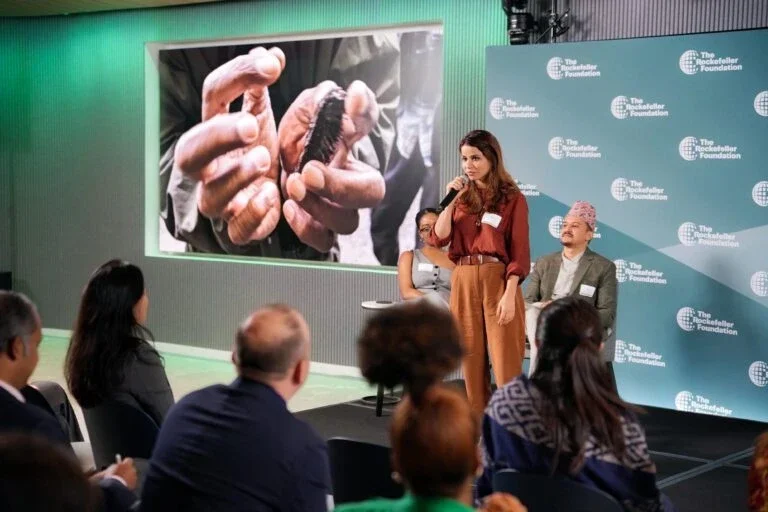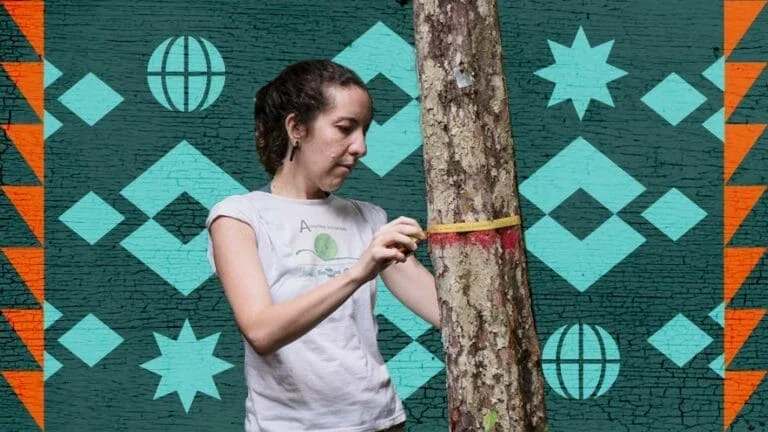Editor’s note: This video was originally published in 2019.
For over a century, coal manufacturing provided steady growth to the Appalachian economy. Over the past few decades though, the industry has been in decline due to changes in environmental regulations, technology, and competition.
As a result, thousands of people in Appalachian communities have found themselves out of work and the local economy shuttered.
A New Model for Economic Transition
In 2018, The Rockefeller Foundation pledged a two-year, $1 million grant to The Coalfield Development Corporation — a West Virginia nonprofit that aims to create well-paying jobs and revitalize communities across central Appalachia — as part of our Communities Thrive Challenge with the Chan Zuckerberg Initiative. The challenge set out to support and scale community-driven solutions that boost economic opportunities.
Coalfield took a holistic approach to this challenge: aiding small businesses that committed to paying employees 33 hours of labor each week, 6 hours of classwork at a local community college, and 3 hours of personal asset development.
The organization helped incubate at least 80 new businesses employing more than 400 workers in West Virginia. That resulted in more than $10 million in income for people who were previously unemployed, as well as $25 million in new investments in distressed and underserved areas.
Since its founding, Coalfield reports to have created over 1,000 jobs, supported 91 new businesses, attracted $178+ million of new investment in the region, and trained over 3,800 people.
By focusing on job growth and training, the Coalfield Development Corporation created a model for how to transition a community facing seismic economic change.
The Rockefeller Foundation continues to support this mission through our 2025 U.S. Big Bets Fellowship Program — where we help to advance the work of twelve emerging leaders focused on driving transformation and a sustainable future for their community.
One of this year’s leaders is Coalfield’s CEO, Jacob Hannah, who took over the role in early 2024. His Big Bet is to revitalize rural Appalachian communities by employing and training local talent to restore dilapidated property, which in turn attracts new businesses, new jobs, and new economic opportunities.
Join the Movement
This type of large-scale thinking to create local impact is what our Big Bets Fellowship is all about.
If you’re interested in applying to our Fellowship program or being a part of our community making transformative change, join us here.



